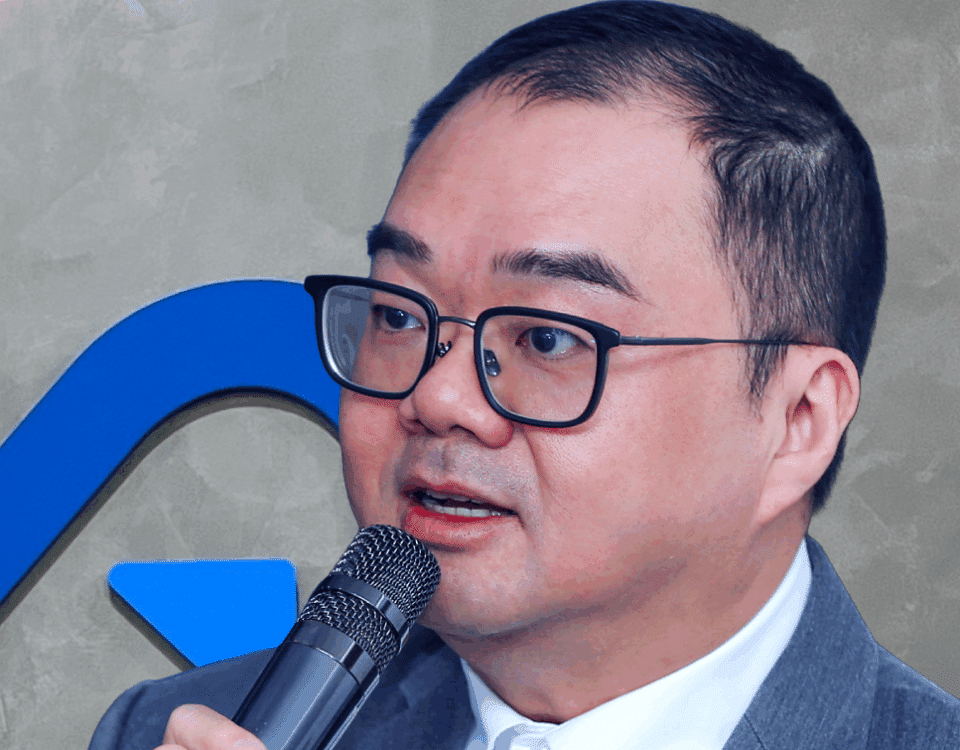
An executive-turned-coach taps what he learned at Tyco to advise clients on M&A
January 26, 2023The autonomous organization
February 2, 2023By Verne Harnish
Rob Schenk was at a crossroads. His IT managed services company, then called Intivix, had grown to about 35 people. He wanted to sell the business, which he founded in his parents’ garage in 1996, when small businesses were just starting to build networks of computers. If he did, however, the proceeds wouldn’t be enough for him to retire.
So he began thinking about merging the Las Vegas-based firm with another, similar company. His industry was filled with small businesses, many of which never got to his firm’s size.
When he hit it off with another like-minded IT services provider at a conference and later ran into him at an airport in Nashville, they began talking about doing a three-way merger with another firm.
Those talks got put on hold after Covid hit, but finally, as the pandemic drew to a close, he was able to merge the company with Intelligent Technical Solutions in Las Vegas and PC Miracles out of Detroit, with sponsorship by Tower Arch Capital, a private equity firm, in 2021. “The recurring monthly revenue model was very attractive,” he says. The company, which reached $22 million in annual revenue upon the merger, is now known as Intelligent Technical Solutions.
“It was a one-two punch,” says Adam Kerrigan, M&A director for the firm. Because Intelligent Technical Solutions is considered a “platform company,” in which a private equity firm uses an initial acquisition as the base for other acquisitions, it has a higher valuation than it might otherwise.
Along the way, Schenk became familiar with the Scaling Up platform, and in about 2010, he started working with Scaling Up certified coach Bill Gallagher for about a year and a half. “The principles and structures we learned from Scaling Up have helped us grow,” he says.
Since that first deal, Intelligent Technical Solutions has made 14 acquisitions. Here is how Schenk and his team have put a growth-through-acquisition strategy to work for them.
Prioritize due diligence
Fueled by the success of its first merger, the leadership team at Intelligent Technical Solutions dove into due diligence, hunting for other managed IT services providers that want both to expand and to leverage back-end services provided by the mother ship.
They identified acquisition targets through networking in peer groups and the team’s networks of friends and associates. Two deals came by cold calling, with the sales team doing list scrubbing and appointment setting with MSPs that met a certain revenue level and were based in particular geographies. “Once I had that list, I personally made those calls to those owners,” says Kerrigan.
Many targets were on the West Coast, which is convenient to their headquarters. However, they also looked to build a presence in other markets. Their goal was to grow their companies in each region to about $10 million in annual revenue.
In some cases, they also focused on rounding out the firm’s expertise. In their three most recent acquisitions, for instance, they looked to deepen their bench strength in cyber security.
Embrace a variety of deal structures
As Intelligent Technical Solutions embarked on the 14 deals, which included both acquisitions and mergers, its M&A team found that they needed many deal structures in their toolkit. These included asset deals, cash buyouts, stock deals with financing, loans, cashless transactions that included equity and cash-flow transactions, where they simply paid a purchase price. As the company scaled, it reached $35 million in revenue in 2022.
Look for shared Core Values
In embracing the Scaling Up platform, Schenk and his team experienced the importance of Core Values. Their company’s Core Values are “Be a Creator. Have an Open Mind. Do the Right Thing.”
They look for similar values in their targets. “One of the first questions we ask is, ‘What are your Core Values?’” Schenk says. “If we don’t have alignment, our deal doesn’t proceed.”
Even when growing by acquisition makes financial sense that’s not the only consideration when it comes to scaling up in a sustainable way. “We think it is critical to have a really strong Core Values fit,” says Schenk.



